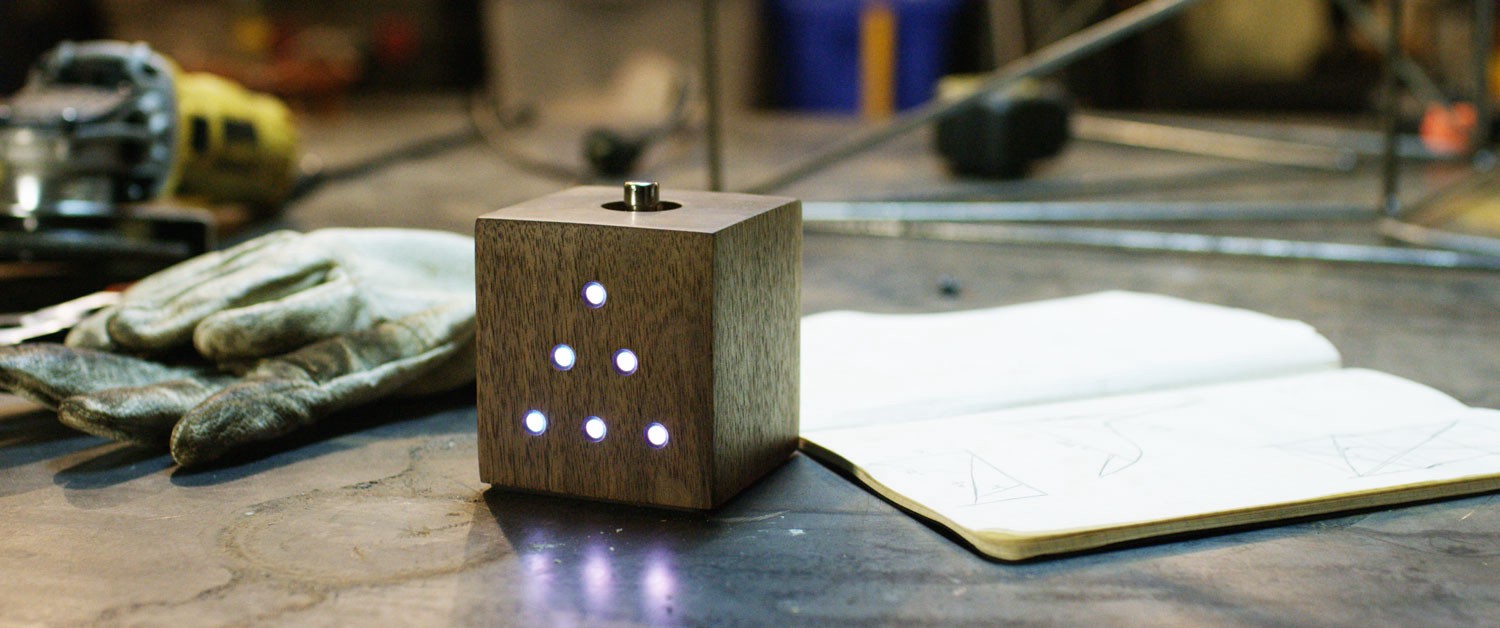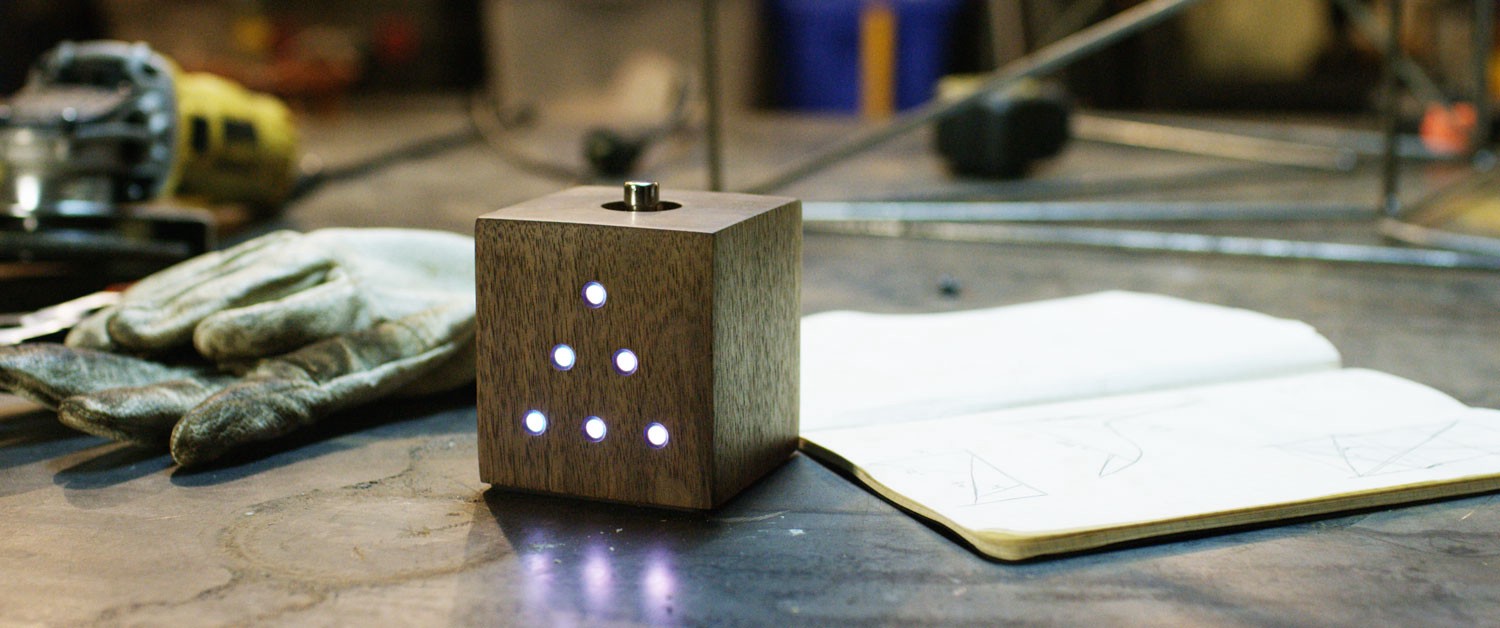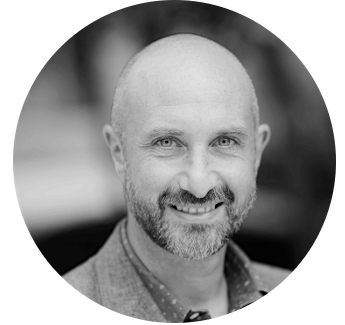The future is a lonely state of mind. Unlock mindfulness through daily creative practice.

It’s no secret that entrepreneurs and CEOs suffer from higher than average rates of anxiety and depression. No doubt part of that stems from the stress and loneliness of the job. But there may be another factor at play, namely our relentless focus on the future.
We’ve all heard the aphorism that “the best way to predict the future is to create it.” This may, in fact, be the heart of a CEO’s job. To lead effectively, we must anticipate change (both environmental and internal), think strategically about landscapes that have not yet begun to unfold, and persuade others that our visions of the future are realistic, desirable, and attainable. This is the job we signed up for, and we are privileged to be trusted with this task.
Meanwhile, the rest of the world has fallen in love with “mindfulness” — and for good reason! According to Psychology Today, “mindfulness is a state of active, open attention on the present…living in the moment and awakening to experience.” Increased mindfulness has been linked to stress reduction, brain development, creativity, empathy, openness to new ideas, improved memory, and more. These things don’t just make you a better, happier person — they make you a more effective leader as well.
But how can you be mindfully present in the moment when you spend your entire working life straining to see past the horizon? And what might be the psychological cost of that sacrifice?
I have spent the past 17 years struggling with this challenge. It has taken a toll on my mental health, my physical health, and my personal life. As I approach my 40th birthday, I am determined to spend the next 17 years more present, more mindful than I have been until now.
How can you be present in the moment when you spend your entire working life straining to see past the horizon?
For me, the key lies in regular creative practice. This was a defining element of my youth — I would write fiction, paint, play music, act in plays, and more. Activities like these put my mind in a “flow state” of relaxed, unselfconscious attention. A state of mindfulness, in other words. As a busy adult I’ve let all of that slip away. How ironic, when I’ve based my career on enabling creativity in others!
In the past six months I’ve rediscovered this creative part of myself, and I am now trying to make this a part of my daily life. Being creative in these ways quiets my mind, and all the stresses and anxieties of leading a complex organization in uncertain times fade into the background. It is both relaxing and energizing. And I believe it makes me not just a better leader, but a better father, husband, and person as well.
That’s why I’m so proud to have green-lit the development of the Make Time Clock, and why I’m honored personally to have been its first backer. Now more than ever, the world needs to make time and space for creativity. Yet the stressors and distractions of modern life cause us all too often to suppress and stifle this part of our essential humanity. Tools like Make Time Clock can help us bring creativity back to the forefront.
Being creative quiets my mind. It is both relaxing and energizing. And I believe it makes me a better leader, father, husband, and person as well.
Make Time Clock is unlike anything Fractured Atlas has ever done before. While it’s useful to full-time professional artists, it’s equally if not more relevant for non-professional artists (like me) who derive happiness and peace from their passion projects. Also unlike Fractured Atlas’s other programs, which aim to eliminate practical barriers to artistic expression, Make Time Clock looks inward to address the intangible but very real psychological barriers that stand between us and our work.
Some have called the Make Time Clock a “Fitbit for creative practice.” That’s not a terrible analogy, but it misses one of the most important aspects of Make Time Clock. Instead of relying on guilt and shame for motivation, Make Time Clock offers gentle, meditative inspirations. After all, if making time for creativity is a chore, you’re doing it wrong.
In my job today, I am called upon to look far into the future more than ever before. Despite that, I intend to spend my 40s and 50s in a more peaceful, present state of mind than I spent my 20s and 30s. Daily creative practice holds the key, and the Make Time Clock may be just the partner I need.
The Kickstarter campaign to launch Make Time Clock closes on December 4. If my experience resonates with you, please consider supporting the campaign. Better yet, sign up to receive one of our first batch of clocks, and get ready to make more time for creativity in your life.
About Adam Huttler
Adam Huttler is the founder and Managing General Partner of Exponential Creativity Ventures. As a six-time founder, his career’s through-line has been about helping mission-driven companies use technology to drive innovative revenue strategies. Adam is best known as the founder of Fractured Atlas, a social enterprise SaaS platform that helps artists and creative businesses thrive.


